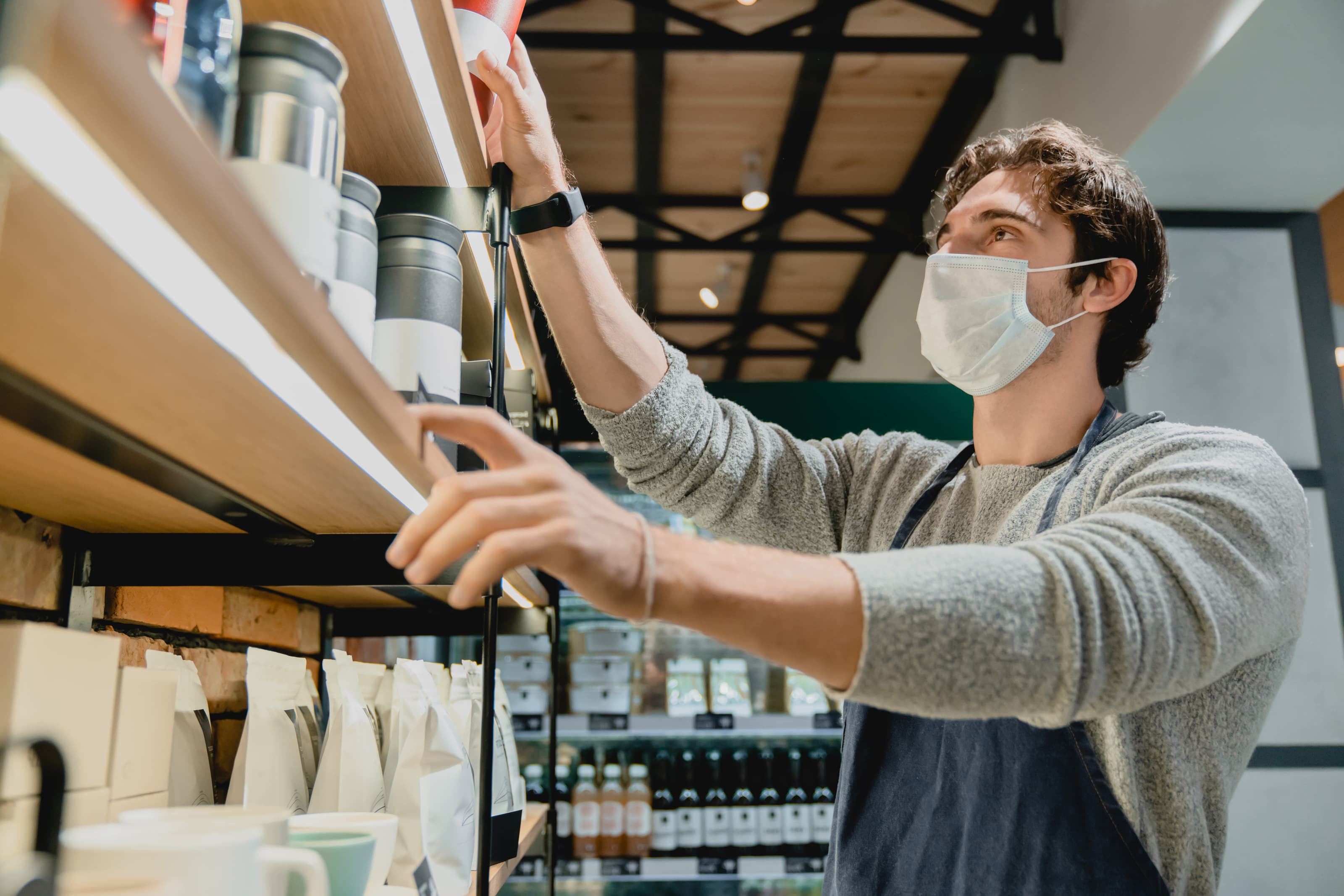EVENT
The Impact of COVID-19 Emergency on Restaurant Chains

Endeavor Webinar Series:
The Experience of Alberto Cartasegna
Alberto Cartasegna, founder of Miscusi, a restaurant chain specializing in Italian cuisine and an Endeavor Italy company, shared his thoughts and insights regarding the developing Covid-19 crisis, which has hit Italy especially hard, during an hour-long webinar. For Miscusi, “the brand and experience are both built around social interactions and emotions”, he explained. As a result, during these past weeks, companies like his have suffered a lot.
Alberto walked us through the crisis so far, from when there were just a few infections in the outskirts of Millan and Veneto, to the eventual lockdown of the entire country. He explained the differences between the Chinese style lockdown and that seen in Italy, remarking that the Italian case came about as a combination of government regulations and the population’s response to stay inside. “I’ve never seen anything like it in my life”, he added.
In terms of the evolution of the crisis, he remarked that the early stages were, in many ways, the most difficult. “To be honest, those days were the toughest. What would happen was very unclear and everything was chaotic, especially because the media was quite unprepared. We had to step in to take a decision.” They decided to preemptively close all of their restaurants, before being forced to do so by government decree. What is currently under assessment is whether to reopen several stores as dark kitchens to serve guests through delivery.
In terms of the reaction of the population, “we went through some days of real panic, then people calmed down, once they knew why they were locking themselves in. Almost everybody knows why we are locking ourselves into our houses now. This was the moment that shifted our thinking from confusion to action. It is what it is. Let’s face it and react in the best way possible”. In response to the crisis, the company has been following a 4-pillar approach:
Protect the people.
“Closing the restaurants was the right thing to do for our people”, Alberto said. This also allowed the company to protect its culture and brand. “I think what people need the most right now is a little bit of balance in these very chaotic times. They need to constantly be reminded that we are there, and that is enough. We don’t need to provide answers if we don’t have them, but it is important to communicate with clarity and transparency.”
Secure potential points of failure.
The company had to make sure that its supply chain and liquidity risks had been mitigated. They also focused on future liquidity, mostly freezing construction and development, while accelerating tech investments.
Minimize the P&L impact.
The team will continue to assess the economic impact of the Covid-19 crisis, based on a variety of scenarios that are regularly being updated to include any new information that is becoming available. “The general thinking of our modeling is to try to be very bullish in the long run, but very worst-case-scenario based in the short run. I think the strategy of quarantine and social distancing will definitely have an impact, but we don’t know how long it is going to last and what happens when people start getting out again or if this comes back in the winter.” The company’s “heavy” scenario assumes permanence of Covid-19 throughout 2020. A key variable to sustain their P&L will be public employee subsidies that are in the process of being defined by the government.
Show purpose.
The company is taking positive actions that impact employees (strong health and safety measures in stores, temporary closure, minimized salary impact), guests (consumer packaged goods, delivery, special content on social media) and the community (zero waste after restaurant lock-down through donations, continuous support of hospitals in need, continuous dialogue channel). “We looked into how we could be of help to the community. After all, what we do these days will define ourselves for a while.”
“It is what it is. Let’s face it and react in the best way possible”
“What we experienced over these past few weeks were dramatic changes on an hour-by-hour basis”, Alberto emphasized. And yet, the team at Miscusi thought of ways to leverage this situation. Introducing and selling consumer packaged goods had been on their roadmap, but they accelerated it. “This is just a little example of how to keep the energy levels high in our company, using this time to learn as much as possible from the situation.”
Asked about his thoughts regarding expenses, he shared his philosophy. “Given that financially we are very safe, we intend to preserve the assets, preserve the people. This would be a different speech if I was in a different situation financially.” In terms of rent, though, he said they are going to go aggressively in the other direction and try to renegotiate as much as possible. “I would be very aggressive on how to lower rental costs, as opposed to people.” As for marketing, it is an expenditure that can go down quite easily.”
Overall, Alberto Cartasegna seems to think that not jumping into rash decisions at the peak of uncertainty was beneficial. “I would recommend not making short-term, stupid decisions just because you are panicking and they are closing everything down. Look to the long term and be bullish if the fundamentals of your company are there.”
You can listen to the recording of the webinar here
